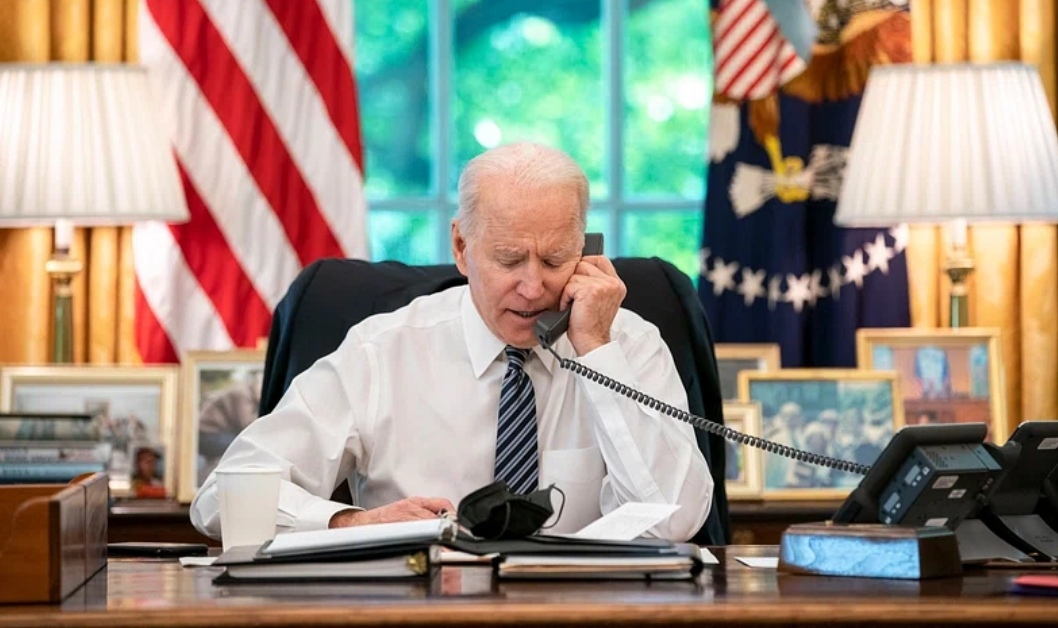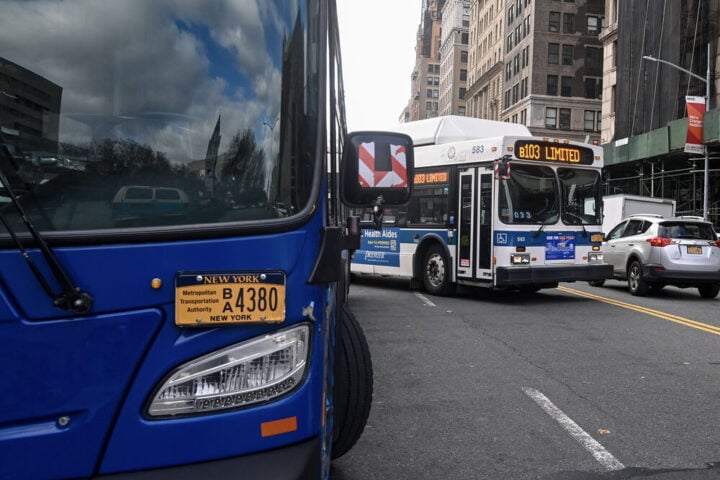The U.S. Supreme Court on Wednesday rejected the Biden administration’s request to revive its latest federal student loan debt relief plan. In a brief order, the court denied the administration’s emergency request to lift a nationwide injunction imposed by a lower appeals court. There were no notable dissents among the justices, who are mostly conservative.
In July 2023, the Department of Education issued regulations for its Saving on a Valuable Education (SAVE) plan, a month after the Supreme Court ruled that the government lacked the authority to implement a previous student loan forgiveness program. Like the previous plan, the new SAVE plan was also challenged by several Republican-led states. Approximately eight million people have enrolled in the SAVE plan.
The SAVE plan includes provisions such as capping loan payments at 5% of a borrower’s income, down from the previous 10%. Other measures include limits on accrued interest and shortening the repayment period for small loans, leading to potential forgiveness.
Similar Posts
Republican-led states argued that the plan requires up to $475 billion in spending, which Congress did not authorize, asserting that it should be blocked for the same reasons the Supreme Court struck down Biden’s previous plan. They filed their lawsuit in April, and a federal judge in Missouri ruled that the proposal to shorten repayment terms should be halted. On August 9, the Eighth Circuit Court of Appeals, based in St. Louis, issued a broader order suspending the entire plan.
Solicitor General Elizabeth Prelogar argued that changes in payment amounts are permitted by a 1993 federal law, which indicates that the Department of Education can determine the “appropriate portion” of income to calculate payment amounts and also establish repayment terms. She stated that the appeals court’s order is “extremely broad,” blocking not only the new plan but also earlier changes to repayment terms dating back to 1994, thereby “disrupting the settled expectations of borrowers who have made payments for years or even decades.”
According to the “major questions doctrine” adopted by the court’s conservative justices, federal agencies cannot initiate new policies with significant economic effects without explicit authorization from Congress. The Republican states argued that the unrestricted assertion of authority to cancel every cent of every loan by the Biden administration is astounding.
This ruling leaves the future of Biden’s student debt relief efforts uncertain, particularly in the context of the upcoming election cycle, where this issue is likely to be a significant point of contention. The legal battle highlights the ongoing tension between the executive branch and the judiciary over the scope of administrative power, especially concerning significant economic decisions.
















![Google satellite view of 1112 Stanley road in Augusta [Google Earth]](https://www.karmactive.com/wp-content/uploads/2025/04/Augusta-National-Spent-200M-on-270-Acres-but-One-338000-Home-Still-Stands-on-Stanley-Road-720x360.png)
